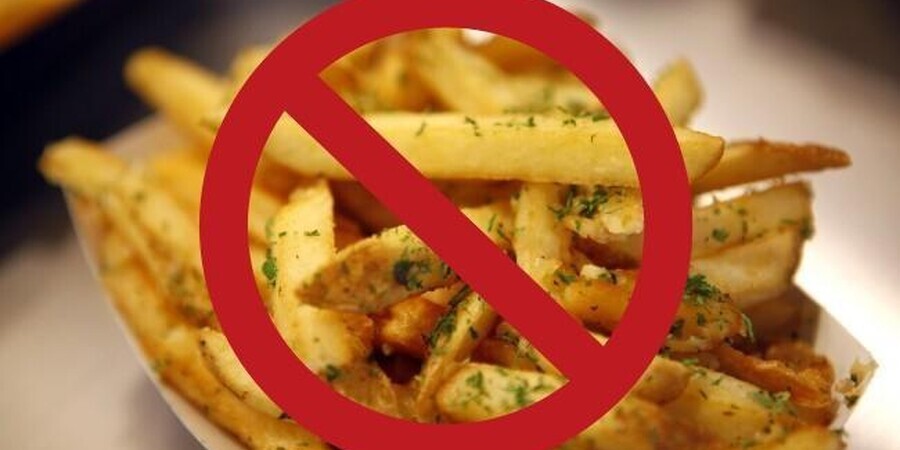Philadelphia, PA
- To maintain healthy skin, you must eat foods that are good for your skin, such as fruits and vegetables, and avoid oily foods such as french fries, hamburgers, hotdogs, and fast foods. If you must have a hamburger or french fries, do not cook them in oil; try steaming them or baking them in the toaster oven. Avoid refined sugar because sugar is the number one cause of troubled skin; try your best to avoid eating chocolates or drinking sodas or alcoholic beverages.
To Maintain Healthy Skin
Although your body does need a bit of fat, you should avoid overeating red meat. Instead, you might want to substitute red meat with chicken or fish, giving you the protein your body needs. Milk is one of the products you must avoid, especially if you suffer from acne. Another food to avoid is processed foods, which contain chemicals that can harm the body and the skin.
Margarine, shortening or other hydrogenated vegetable oils, commercial dairy products, and meats containing hormones should also be avoided.
Protein is essential to good health, but foods that contain high levels of saturated fat and omega-6 fatty acids can do more harm than good. You should avoid foods such as ground beef, sausages, bacon, and ham, as these foods have a high fat-to-protein ratio and are not the protein you should eat.
Also, because these foods are cooked at high temperatures, they can cause harmful byproducts for your skin. Saturated fats, known to be detrimental to the cardiovascular system, can increase wrinkles and accelerate skin aging; the trans-fatty acids have been proven to have very damaging effects on the health and appearance of the skin.
Some foods that contain carbohydrates, such as pasta or baked beans, have been known to cause conditions that can initiate inflammatory and damaging effects on the skin. Most legumes benefit the skin, but canned baked beans prepared with brown sugar or molasses can negatively affect glucose levels.
When baked beans are cooked at high temperatures for long periods, their cell wall breaks down, releasing normal sugars, which are easier to digest, and raising blood glucose levels. Less refined foods, such as whole grains, are digested slower and, as such, are slowly absorbed into the bloodstream, resulting in lower blood sugar levels and less insulin discharge, which results in lower glycemic load.


